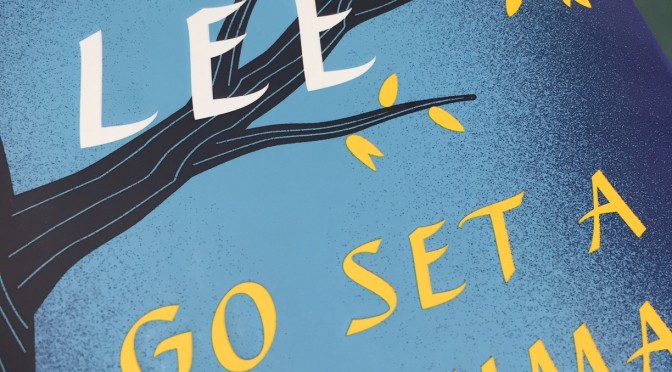2016 has not been one of those years where you end it thinking, “Man, what an amazing year!” However, amongst the turmoil and challenges I learned quite a bit. That’s the way growth and learning happens – painfully, slowly and feeling uncomfortable. Well, 2016 was definitely an uncomfortable year. I want to share my lessons learned.
HAVE DIFFICULT CONVERSATIONS WITH YOUR PARENTS
My father spent about three weeks in the Intensive Care Unit of Plano Medical Center this year. During that three weeks my sister and I found ourselves answering questions and providing permission for procedures that we could not have foreseen. “Does your father want dialysis?” or “Is he okay with a blood transfusion?” or “Will you provide permission for a feeding tube?” The experts will tell you to have these conversations about organ donation, life support and medical treatments BEFORE your relatives are sick, but nobody listens. Let me encourage you to have those conversations. Those decisions are weighty and take on a level of importance that you cannot understand when your parents are healthy. So this Christmas ask your Mom her feelings on life support. And keep asking those questions every couple of years until you no longer need to ask.
YOU STILL NEED TO SEE YOUR GYNECOLOGIST/UROLOGIST
Like most mothers I sacrifice my own health at the altar of the health of my children. My kids see a dentist twice a year. I haven’t gone in 5 years. My kids see a doctor with every cold and virus. I haven’t had a physical in 5 years. This year David made me promise that I would take care of my own health. (Literally. He made me say the words “I promise”) I went to see the dentist and I saw my gynecologist for a check up. I didn’t expect any big news since nothing really had been bothering me. That isn’t exactly what happened though. So one afternoon while I was driving my mother to visit my father in the ICU I received a call from my doctor telling me that they found a cyst that was 13cm in diameter and that I would need to get it removed as soon as possible. When I got home I took out a ruler so I could see how big 13 cm really was – a large grapefruit. I had a mass the size of a grapefruit sitting on my right ovary and I had no idea. No symptoms. No pain. This whole thing could have turned out poorly for me but I was lucky. It was a simple cyst and outside of the fact that a big hunk of my ovary is now gone I should have little long lasting effects. It wasn’t cancer – but it could have been and I wouldn’t have known. Moral to the story: preventive care is important, which leads me to my next lesson.
BEING HEALTHY IS SELFISH
Some of you may know that David started a radical health journey this year. He has lost quite a bit of weight and has changed the way he treats his own body and his attitudes about his health. Early in this journey somebody told David, “getting healthy is a selfish act, but you HAVE TO be selfish.” I think I’m very bad at being selfish. We are rewarded a hundred different ways to think of other people and not ourselves. I suppose as a mother and a teacher this comes even more naturally to give of yourself until it hurts. This year pushed me to evaluate how much of myself I was willing to give. I was forced to draw boundaries and I admit that I needed outside help to figure out where those boundaries should be (thanks to professional therapist). I’ve learned this year to be selfish. To do what I WANT to do. To rest. To read. To honor the Sabbath in all ways.
REAL FRIENDSHIPS ARE BASED ON SOMETHING MORE THAN COMMON INTEREST
The election. We all suffered through it. This election felt personal in a way that previous elections have not. Like most women I have been a victim of sexual harassment/discrimination/assault. (It is so prolific that I have yet to meet a single woman who has NOT said, “yep, me too.” to that admission). So the rejection and general dismissiveness of the things our President-Elect has said about women felt like a personal rejection and belittlement of those very humiliating and hurtful moments in my life. I know many women didn’t feel that way, but I did. I also live in the reddest of red states. As a result, I spent most of this year biting my tongue, staying silent and feeling alone. I’ve never felt more isolated and alone in my life. At times I felt like an alien in a strange land. A constant bombardment on my values and things that I believe. I was left questioning my faith, my friendships, and the very things I thought I had built my life upon. And then something surprising happened after the election and after my thoughts could no longer be hidden….
People still wanted to be my friend. After months of biting my tongue and feeling like I was an outcast in my own community I realized how much of that was self-imposed. I had given too little credit to the people who call me friend. I was ashamed, embarrassed and felt remorse that I had put so little faith in their friendship and love. Fear grows strong when we lose faith and this year has taught me to have more faith in the people I call friends. I’m sorry. I’m sorry to those people in whom I allowed doubt to fester.
Maybe the greatest lesson I learned this year is that we continue to grow wise. Wisdom is just a fancy way of saying experience and with every new experience we gain knowledge. So this year I have grown wiser. And I would like to think that perhaps I’ve also become a better person. It is with a new sense of who I am that I say with a large amount of relief, goodbye to 2016.

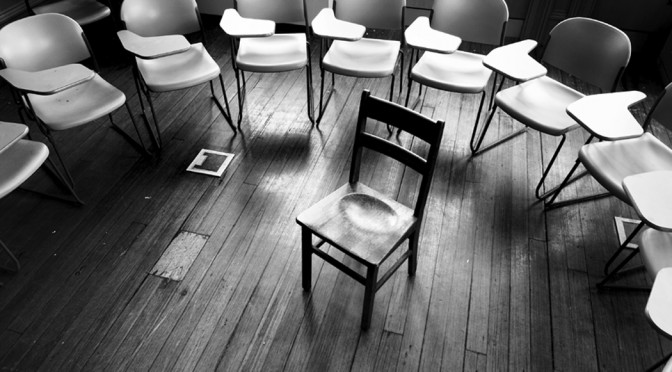

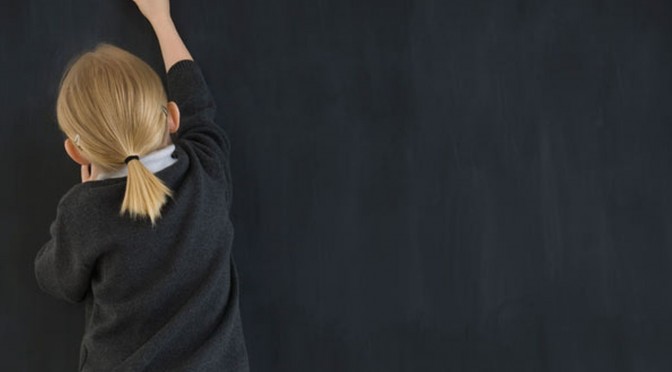

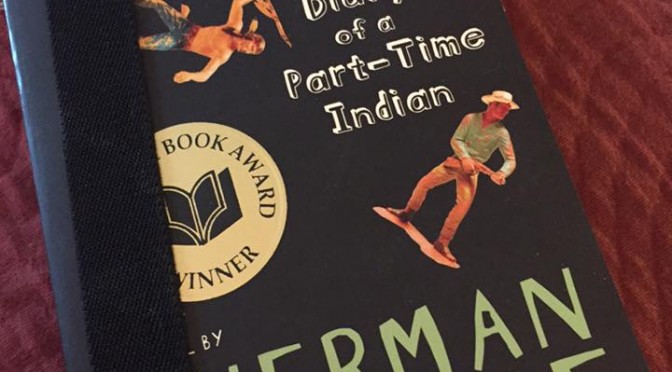
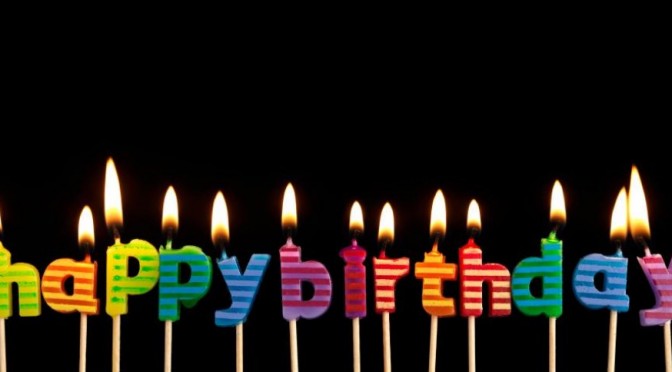
 You are turning 12 this year. You are in staunch denial of the fact that you are growing up. As desperately as possible you are pushing back impending womanhood. You are clinging to the rough and tumble life of a child like a new swimmer clutches the edge of the pool. You still have bruised knees and bandaid elbows. You are far more likely to wear Chuck Taylor tennis shoes and jeans than you are a dress and flats. You don’t like makeup, boys or movie stars, and as your mother I indulge these desires. I encourage you to cling to your childhood.
You are turning 12 this year. You are in staunch denial of the fact that you are growing up. As desperately as possible you are pushing back impending womanhood. You are clinging to the rough and tumble life of a child like a new swimmer clutches the edge of the pool. You still have bruised knees and bandaid elbows. You are far more likely to wear Chuck Taylor tennis shoes and jeans than you are a dress and flats. You don’t like makeup, boys or movie stars, and as your mother I indulge these desires. I encourage you to cling to your childhood.
 Although your stutter persists you are no longer self conscious about it. In fact you volunteered to sing with your band – IN FRONT OF PEOPLE. And that band has been key in building your self-confidence. An environment of young boys and men where you feel like you can be yourself — a little quirky, a little rock and roll.
Although your stutter persists you are no longer self conscious about it. In fact you volunteered to sing with your band – IN FRONT OF PEOPLE. And that band has been key in building your self-confidence. An environment of young boys and men where you feel like you can be yourself — a little quirky, a little rock and roll. inappropriate content. A young sir who is painfully honest and who defends those weaker and more vulnerable than himself.
inappropriate content. A young sir who is painfully honest and who defends those weaker and more vulnerable than himself. opportunity to wallow in being little because your big sister and brother have dragged you quickly into “big-kid” territory. You ride a two-wheel bike with no training wheels, you are rushing to learn to read, and want to do everything they do. You want to be EXACTLY like your big sister and follow her around everywhere. You are very lucky that she is so gentle and patient with you and rarely complains. In fact, she lets you sleep with her every night.
opportunity to wallow in being little because your big sister and brother have dragged you quickly into “big-kid” territory. You ride a two-wheel bike with no training wheels, you are rushing to learn to read, and want to do everything they do. You want to be EXACTLY like your big sister and follow her around everywhere. You are very lucky that she is so gentle and patient with you and rarely complains. In fact, she lets you sleep with her every night. some tears. You get great joy in taking care of others and with every step I become even more convinced that you will go into the medical field someday. You love hospitals, doctor’s offices and look forward to going.
some tears. You get great joy in taking care of others and with every step I become even more convinced that you will go into the medical field someday. You love hospitals, doctor’s offices and look forward to going.